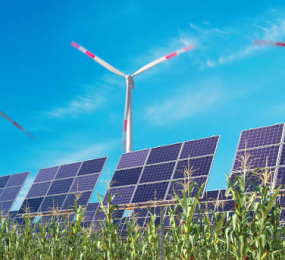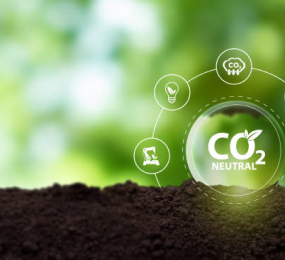How the Carbon Border Adjustment Mechanism Impacts European Manufacturers
The Carbon Border Adjustment Mechanism (CBAM) is a landmark policy by the European Union (EU) to address carbon leakage and promote global decarbonization. It places a carbon price on certain goods imported into the EU, aiming to equalize the carbon costs between EU producers and foreign competitors. For European manufacturers, CBAM presents both challenges and opportunities.
By ensuring that importers pay a carbon price equivalent to that faced by domestic producers under the EU Emissions Trading System (ETS), CBAM aims to create a level playing field. This reduces the risk of carbon leakage, where EU manufacturers might relocate production to countries with less stringent environmental regulations. Ultimately, CBAM is expected to enhance the competitiveness of EU manufacturers within the EU market, as foreign goods will become relatively more expensive if produced with higher carbon emissions.
However, CBAM also poses challenges. European manufacturers may face increased production costs due to the tightening of the EU ETS and the phasing out of free allowances. While CBAM aims to protect them from unfair competition, it does not fully negate the impact of rising carbon prices on their operations. Additionally, the administrative burden associated with CBAM compliance, such as the need to track and report the carbon content of imported goods, could indirectly affect EU manufacturers who rely on these imports.
Moreover, the long-term impact of CBAM on European manufacturers will depend on how effectively it incentivizes decarbonization globally. If CBAM leads to cleaner production processes in non-EU countries, it will not only protect EU industries but also contribute to a more sustainable global economy. However, if it leads to trade disputes or is perceived as protectionist, it could harm the competitiveness of EU manufacturers in export markets.
In conclusion, CBAM represents a complex challenge for European manufacturers. While it offers protection against carbon leakage and aims to boost their competitiveness within the EU, it also brings new costs and uncertainties. The ability of EU manufacturers to navigate these challenges and capitalize on the opportunities will be crucial in shaping their future in a decarbonizing world.
Visit our website to know more: https://www.leadventgrp.com/events/industrial-net-zero-and-decarbonisation-europe/details
For more information and group participation, contact us: [email protected]
Leadvent Group - Industry Leading Events for Business Leaders!









